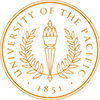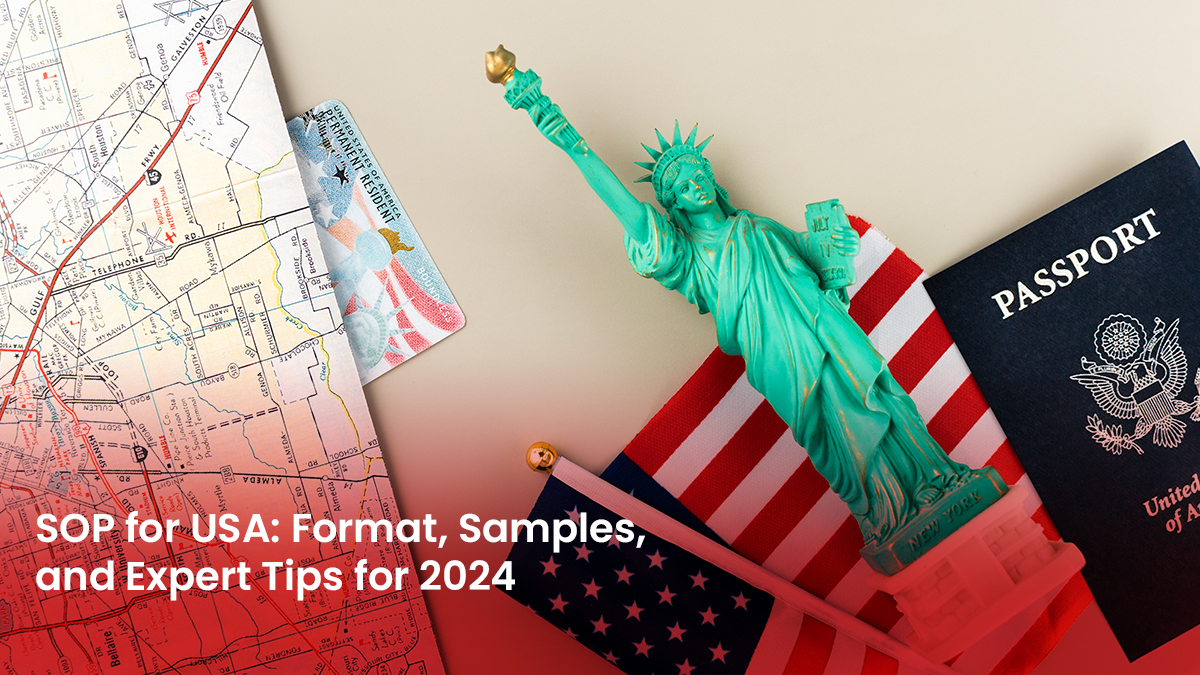Study in Canada is a top choice for students worldwide when it comes to international education. In fact, in recent years, it has become a more popular study destination than the US, which was a favorite among international students.
Canada offers a variety of opportunities and experiences for students. In addition, it has put a lot of importance on its education system. For example, 26 of Canada’s Higher Educational Institutions (HEIs) are featured in the latest QS World University Rankings.
As an education agent, knowing a lot about the study destination you are promoting is important. If you want to promote Canada, it is crucial that you also know the cost of studying in that country. This includes not only the tuition fees but also students’ living expenses. That way, you can help students choose the best place to study, and help them create a good budget plan.
How Much It Costs To Study in Canada
Tuition Fees
Despite having a high quality of life, Canada’s tuition fee is still relatively cheaper than other English-speaking study destinations in the world. Although tuition fees are usually set by institutions, here’s an estimate of the tuition fees that students have to pay while studying in Canadian institutions.
College and vocational schools usually cost less than universities in Canada. This is because some programs are shorter than the ones offered at universities. Moreover, tuition fees vary depending on the program chosen and the location of the institution. Students may have to pay a tuition fee of around CAD 2,000 to 18,000 per year. In some institutions, they offer students free tuition.
Universities cost higher than colleges and vocational schools. However, there are also many universities that offer financial aid to students. A university education may cost around CAD 1,800 to 20,000 a year for undergraduate degrees.
Graduate School tuition fees vary depending on the location of the institution and the student’s program of choice. A master’s degree program in Canada may cost around CAD 18,000 a year, while a Ph.D. may cost around CAD 2,500 to 17,000 a year.
Language School
Canada is a bilingual country, and you can either learn English or French in its language schools. The price varies depending on the institution’s location, and not on the chosen language. A 12-week language program in Canada’s major cities costs around CAD 3,500 to 4,000.
Living Costs
Aside from tuition fees, international students also have other expenses to pay for while studying. This includes accommodation, food, transportation, books, traveling, and entertainment.
As an education agent, you need to explain those other expenses as well.
Although the cost of living varies depending on the location, approximately a year of living in Canada may cost around CAD 12,000. Below are the average prices for each type of expense, per numbeo.
| Food (restaurant) | CAD 17.71 |
| Utilities (electricity, heating, water, cooling, garbage) | CAD 164.56 |
| Movies | CAD 14.00 |
| Accommodation Rent (1 bedroom) | CAD 1,109 to CAD 1,319 |
| Transportation (1-way ticket) | CAD 3.25 |
Other Expenses
Health Insurance Canada does not have a national healthcare plan. Thus, students are required to have health insurance, as part of the requirement to study in Canada.
Provinces and territories in Canada usually offer their own health insurance. Other places to check are the institutions that may already be in partnership with health insurance companies, or through insurance companies themselves, such as Alberta Blue Cross, Blue Cross Life, and so on.
Health insurance may cost students around CAD 600 to 800 a year.
Student Visa Cost
To study in Canada, students have to apply for a Canadian study permit. Applying for one costs around CAD 150.
Ways Students Can Fund Their Education in Canada
Not being able to study abroad only because of financial constraints can be heartbreaking for students.
Fortunately, there are various ways students can fund their education in Canada. As an education agent, you can assist students in this aspect by directing them to the right channels, helping them accomplish the requirements, and giving them the right advice.
Financial Aid and Scholarships To Study in Canada
Financial aid students can access to study in Canada includes scholarships, grants, and so on. In addition to that, students can apply for them, from the Canadian government, from their chosen institution, or private organizations.
Here are some of the most famous ones from the Canadian government and other organizations:
Government assistance
-
- Banting Postdoctoral Fellowships – for postgraduate students in the field of natural science, social science, and health research
- Canada Graduate scholarships – for foreign students enrolled for a master’s or PhD at a Canadian university
- NSERC Postgraduate scholarships – scholarships, grants and awards for outstanding students studying natural science or engineering
- IDRC Research Awards – for students from developing countries undertaking postgraduate research degrees at a Canadian university
- Organization of American States (OAS) Academic Scholarship Program – assistance for students from OAS member states
- Vanier Canada Graduate scholarship program – scholarships for doctoral students who want to study at a Canadian university
Other financial assistance
- Anne Vallee Ecological Fund – for doctoral level animal research at accredited universities in British Columbia or Quebec
-
- Canada Memorial Scholarship – for British postgraduate students for any accredited Canadian institution
- Surfshare Privacy and Security Scholarship – open to all nationalities and to students currently enrolled at a Canadian institution. To become eligible, applications are required to submit an essay.
- Trudeau Scholarships and Fellowships – scholarships, fellowships, and mentorships for foreign students taking PhD in selected Canadian institutions
Part-Time Work in Canada
Another way students can fund their Canadian education is by working part-time.
For foreign students, they are only allowed to work in Canada if it is stated in their study permit.
Your assistance may include:
- Helping students find proper jobs
- Counsel students on the steps they need to get a job
- Help students in college and organize their documentations needed to do part-time work, and
- Help students write and organize their CVs
Why Students Should Study in Canada?
There are many reasons why students should choose Canada as their study destination. As an agent, it is part of your responsibility to explain what makes Canada a good choice for students.
Here are some reasons you can share with students:
Canada is more affordable compared to other English-speaking countries, such as the US, and Australia. In fact, Canada’s consumer prices are 7.31% lower than the United States. Meanwhile, compared to Australia, Canada’s consumer prices are 10.84% lower.
Canada offers world-class education, which is reflected in its many institutions that are always part of world rankings. In fact, three of its institutions ranked in the top 50 of the QS World University Rankings.
Canada offers better opportunities for work and immigration. In fact, after studying, there are various pathways students can choose, allowing them to work in Canada, and then eventually, apply for a permanent residency.
Canada has a diverse population. In fact, in 2011, 20.6% of its total population is foreign-born. Moreover, for students who want to stay at some of the most diverse places in Canada, they can choose between Ontario, British Columbia, Quebec and Alberta.
Want to learn more information about Study in Canada you can use as an agent? Check out MSM Unify’s article on 5 Pre-Departure Tips for International Students Traveling to Canada.















































